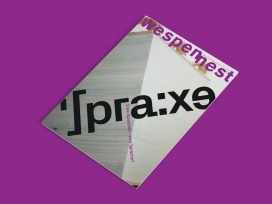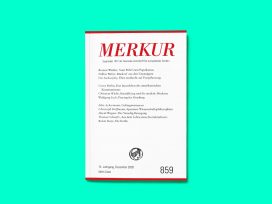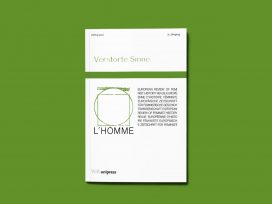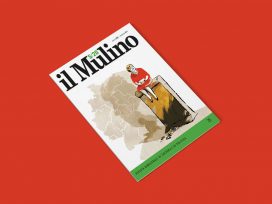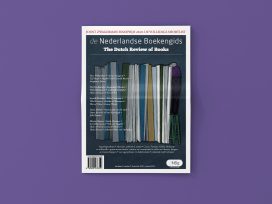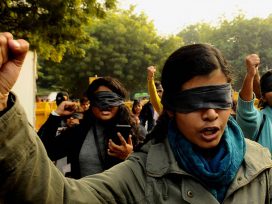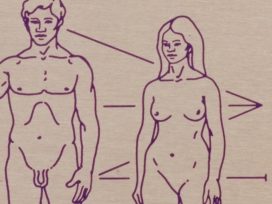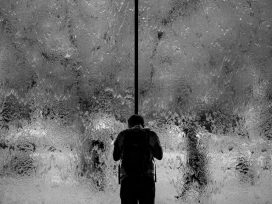‘L’Homme’ asks what happens to gender relations when the sensorium is upset by war, intercultural contact or changes in consumption. Also: harrowing accounts of sexual violence in locked-down India, alleviated by spontaneous expressions of solidarity.
India’s ongoing series of lockdown / ‘unlock’ phases since March 2020 has provided little reprieve. Vulnerable women who live in slums normally ‘get respite when their husbands are away working long hours as low-paid labourers’, reports Sen. But ‘being stuck at home during a pandemic has disrupted these cycles of encountering and escaping domestic violence’.
Sen’s direct contact with victims of sexual abuse provides stark insight of harrowing events. One account recalls the care one woman takes of another on her reverse migration from city to countryside, despite being unable to physically help the raped woman she finds in a ditch.
But Sen also describes the intense ‘sound of solidarity’: ‘Whenever Sudha hears Priti cry while being attacked, Sudha bangs pots and pans together. This form of noise-making (now made popular as a form of applause for healthcare workers) prompts other women in the slum to also start beating their vessels in protest, making the abusive husband understand that this cacophony is raised because he hurts his wife.’
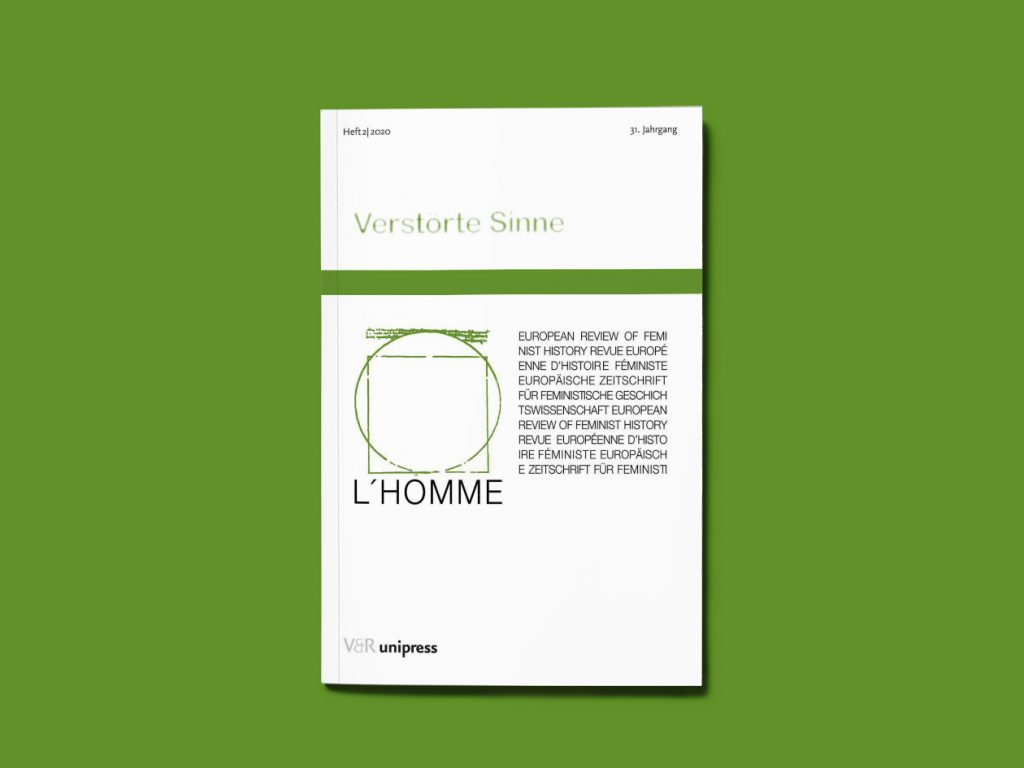
In the realm of the senses
The senses are a natural function of the human body, yet they are defined, experienced and used in a cultural and historical context: the sensory order and the social order are inextricably intertwined. What happens to gender relations when the sensorium is upset by war, intercultural contact or changes in consumption?
Ruminating on soaps, perfumes and shampoo, Stephanie Weismann examines the olfactory notion of political, social and gender orders in socialist Poland. The ‘smellscape’ of cosmetics not only provides insight into cultural practices of everyday life, but also serves as an indicator of political and economic change. Sniffing through various cosmetic products under state socialism in Poland, Weismann tracks down what was actually was in the air.
Also: Julia Barbara Köhne on the use of narco-hypnosis to re-masculinize and remilitarize American and British ‘war hysterics’ during WWII; Daniela Hacke on sensory stimuli in travel reports on North America in the sixteenth and seventeenth centuries; and Manon Brouillet on Homer’s staging of Athena’s feminine body.
This article is part of the 22/2020 Eurozine review. Click here to subscribe to our weekly newsletter to get updates on reviews and our latest publishing.
From this issue: you can read Atreyee Sen’s harrowing account on domestic abuse in India during the pandemic in English in Eurozine:
Pandemic rape in India
The corona crisis, informal gendered support and vulnerable migrant women
Published 21 December 2020
Original in English
First published by Eurozine
Contributed by L'Homme © Eurozine
PDF/PRINTNewsletter
Subscribe to know what’s worth thinking about.
Related Articles

Writing on the wall, writing on the water
Notes towards a reservoirian aesthetic
Engineered flooding displaces communities, eradicating the landmarks of family histories. When little remains, narratives about who controls water provide telling pointers – feature films raise complex questions about industrialization, linguistic minorities, and matriarchy versus youthful masculinity.

The decisive sex-change moment in movies, revealing a dramatic transformation, is far from reality. Transgender people face not only long assessment and surgery waiting lists but also bureaucratic hurdles when reassigning legal gender across countries, undermining their well-being and safety at a delicate time of becoming themselves.
